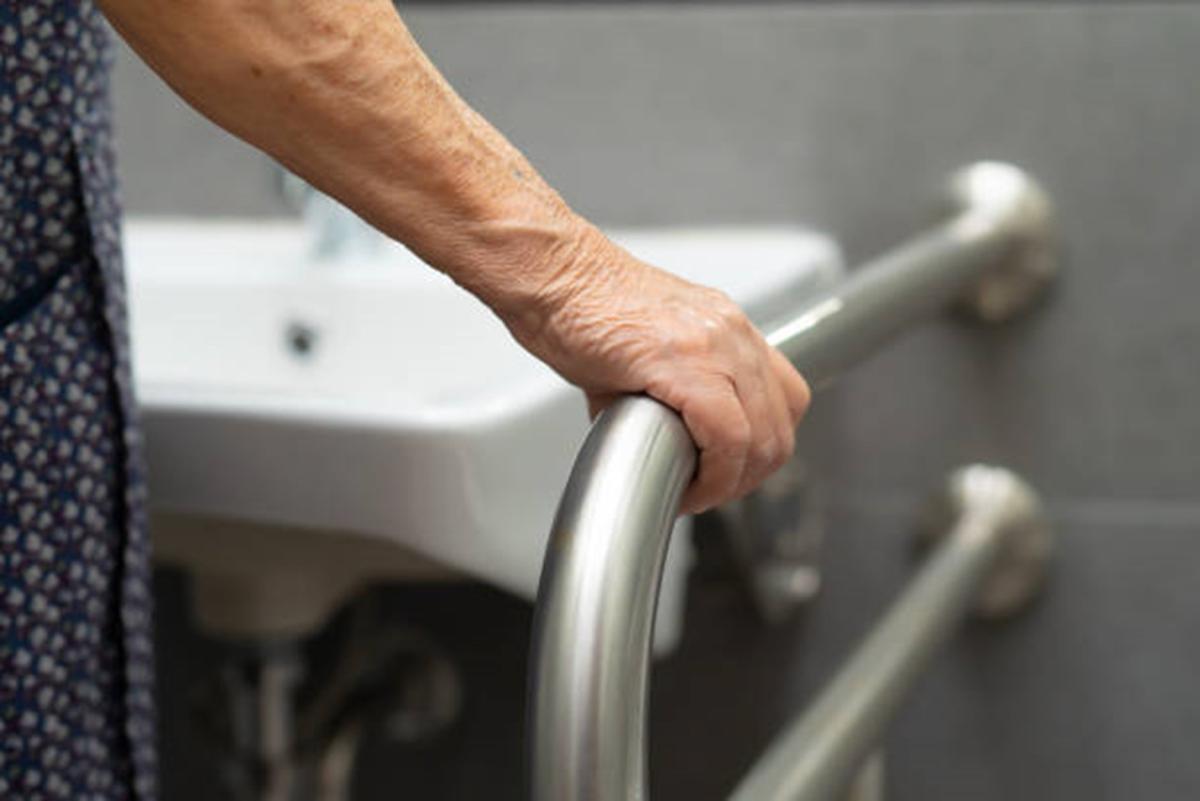by: Jake Steinman, TravelAbility
It’s been over four years since we started TravelAbility, and in that time, I’ve learned two things from our interactions with the hotel industry as it relates to PwD’s (persons with disabilities): 1) they believe they are already accessible if they are compliant with the ADA and 2) those regulations were written for the median which means that even fully compliant rooms are only accessible 50% of the time.
Here are seven unintentional consequences of hoteliers including granular accessibility information on their websites.
- You are laying the grounds for aging travelers. Hotels that are accessible for PwD’s today will be inclusive for the tsunami of 73 million baby boomers who will be aging into disability over the next five years. According to a study by Open Doors Organization and Harris Research, the number of people traveling with disabilities will triple to 33.8 million by 2028. According to Health Day, 40% of those over 65 - AKA Boomers - self-identify as having a disability. They have an average net worth of $1 mn and control over 70% of all discretional spending in the U.S. Additionally, 73.4% are retired with the time to travel.
- A happier reception staff. People booking accessible rooms are forced to be detectives, entailing hours trying to get additional information about rooms from front desk reception staff, sweet talk an engineer to make some measurements - all because the additional information they need is not online. This central California hotel found that including this Accessibility FAQ on their website saved their front desk from having to answer specific questions about the hotel’s accessibility and resulted in fewer complaints from callers who were who were able to learn about the specific features before they booked.
- Mitigating the risk of lawsuits. As hotels include more detailed information about their accessibility features online and train their staff how to be accommodating for people with disabilities, they will receive fewer complaints and fewer nuisance demand notices. One of the most prominent ADA plaintiff attorneys told us that if hotel staff had been kind to his clients, none of them would have sued.
- Radical loyalty. When travelers with a disability find a property that works for them, the unintended consequence is that you will have a loyal customer for life and they won’t be shy about spreading the word to their networks.
- Providing accessibility information also benefits friends and family of your local residents who may have a disability. Your hotel’s accessible rooms can be used to accommodate those locals whose homes are not accessible to friends and family members with a disability when they visit.
- Higher occupancy for ADA rooms. Hoteliers will receive higher occupancy for their ADA rooms and set more accurate expectations for their guests.
- More meetings business. With an estimated 35% of the workforce working remotely, companies are downsizing their office leases and using the savings to schedule quarterly off-site “team building” meetings to increase productivity and morale. As a reflection of their corporate values, more planners are now including accessibility in their hotel and destination RFPs.

Where to start?
Here is a sample of five of the 40 no cost/low-cost fixes hotels can employ to make guests with disabilities feel more welcome from our copyrighted publication: The Accessibility Playbook.
- Hotel bank elevator buttons are often blocked by a waste receptacle, ashtray or plants. Remove these obstacles.
- Hotel check-in counters are too high for wheelchair users to reach. Train reception staff to meet guests in front of the check-in counter.
- For blind guests: Provide poop pick up bags, dog bowls and relief areas at check-in.
- For deaf guests: Issue: If there is no visible way to know when the phone is ringing, or someone is at the door, request a mobile number at check-in to initiate text messaging for service issues.
- Autistic families are often assigned rooms near elevators when they should be placed as far away as possible.
And finally, the way in which we talk about things influences the way we think about things, and the way we think about things influences how we act. This brief video (3:40 sec) has proven to increase staff empathy and allows them to feel less awkward when meeting guests with a disability. To receive a copy of our “No cost/Low-cost fixes” for hotels, e-mail [email protected].

